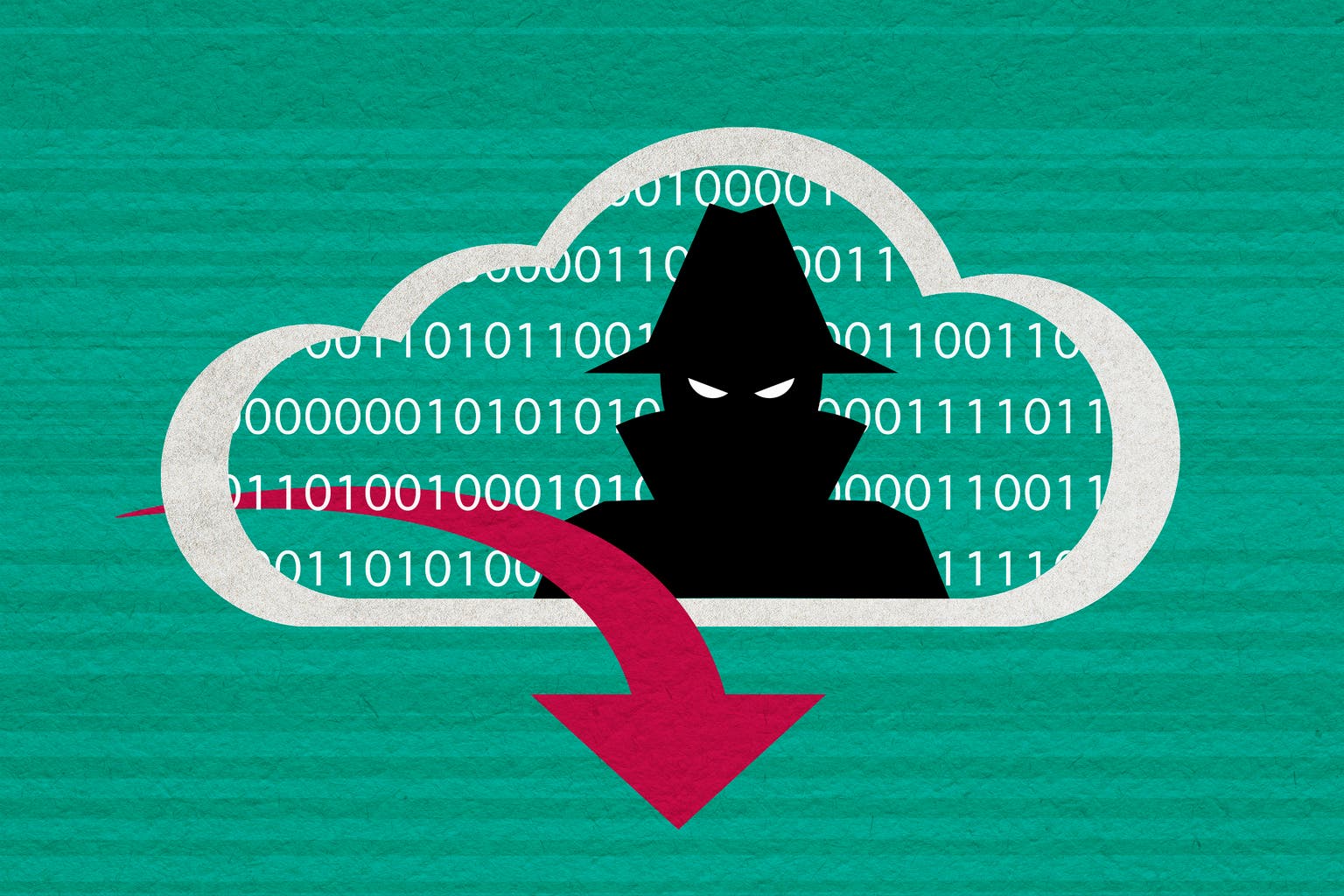Forensic Labs Overwhelmed: Tech Advances and Evidence Backlogs Cripple Justice System

The pursuit of justice is being hampered by a growing crisis within the nation's forensic crime labs. Across the country, state and local labs are struggling to keep pace with an unprecedented surge in evidence, leading to significant delays in testing and impacting prosecutions at every level. This isn't a new problem, but the rapid advancement of forensic technology is exacerbating the situation, creating a perfect storm of challenges for law enforcement and the judicial system.
The sheer volume of evidence is staggering. From long-overdue rape kit backlogs to the increasing complexity of drug analysis and the meticulous examination of blood samples, crime labs are drowning in a sea of cases. This overload isn’t just about inconvenience; it’s fundamentally undermining the ability to deliver timely justice.
The Technology Trap: A Double-Edged Sword
While forensic technology has undoubtedly revolutionized crime solving, its progress has outstripped the resources available to process it. Newer techniques, like advanced DNA sequencing and sophisticated drug analysis methods, require highly trained personnel and specialized equipment. These advancements demand more time and expertise per sample, further slowing down the already burdened labs.
Consider the implications: prosecutors face delays in bringing cases to trial, defense attorneys can challenge the freshness of evidence, and victims are left waiting for closure. Court calendars are stretched thin, and judges are forced to make difficult decisions about prioritizing cases based on limited testing resources.
Tough Choices: What Gets Tested?
The reality is that many crime labs are now forced to triage evidence. When resources are scarce, they must make agonizing choices about which items to prioritize for testing. Often, less complex cases or those with lower perceived impact are put on the back burner, leaving some crimes unsolved and potentially allowing offenders to remain free.
This situation raises serious ethical and legal concerns. Is it fair to deny justice to victims because of a lack of resources? How do we ensure that all evidence is properly analyzed, regardless of the severity of the crime?
Finding Solutions: A Path Forward
Addressing this crisis requires a multi-faceted approach. Increased funding for forensic labs is paramount, allowing them to hire more qualified personnel, invest in modern equipment, and implement efficient workflows. Furthermore, exploring innovative solutions like automated sample processing and outsourcing certain types of testing could help alleviate the backlog.
Collaboration between law enforcement agencies, prosecutors, and forensic scientists is crucial to prioritize cases effectively and ensure that resources are allocated where they are most needed. Finally, continued investment in research and development of new forensic technologies must be coupled with a commitment to providing the resources necessary to utilize them responsibly. The integrity of our justice system depends on it.





